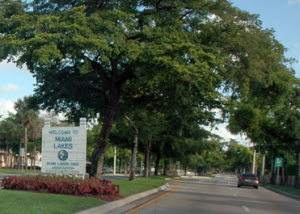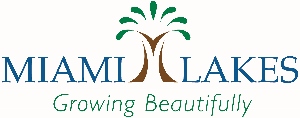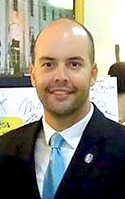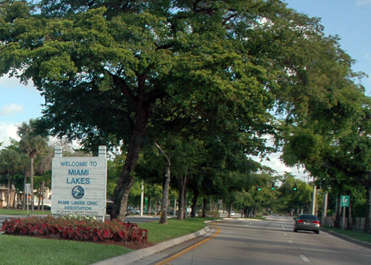Don’t call us Hialeah.
That’s what the people of Miami Lakes have basically said for about ten years as  they have sought a new Zip code that would take Hialeah off their mailing addresses and create a Miami Lakes, FL postal destination.
they have sought a new Zip code that would take Hialeah off their mailing addresses and create a Miami Lakes, FL postal destination.
Town leaders say it’s not elitist. It’s not because, well, they don’t want to be confused with Hialeah. They want the new Zip code because it could lower auto insurance rates for residents and help with economic development.
Miami Lakes Vice Mayor Manny Cid said preliminary research indicates that residents could save between 10 and 15 percent on insurance premiums because the accident and auto theft rates are not as high in the town as they are in Miami-Dade’s second largest city just to the south.
He also agrees that it is a branding issue that would help market Miami Lakes. The town already has a logo, developed in 2014. And the Miami Lakes Chamber of Commerce supports an independent Zip code  because it would help existing businesses and attract new ones.
because it would help existing businesses and attract new ones.
Cid said the town was denied their own zip code because the United States Postal Service has said it is not economically feasible. When the town asked why, they were told that they, basically, couldn’t be told.
“We previously requested information and received a denial due to ‘information of a commercial nature, including trade secrets,'” Cid posted in Facebook, thanking Congressman Mario Diaz-Balart for his help on the matter “fighting for our interest in D.C.”
Cid himself wrote to President Barack Obama last November asking for him to intercede.
“The people of my community have fought for an independent ZIP Code for many years and a concrete game-plan to achieve this goal, or simply receiving the cost of changing the boundaries, would be a positive improvement with our efforts,” Cid wrote, adding that the sharing of zip codes with Hialeah also causes confusion at census counting time.
POTUS has not written the Republican back, he told Ladra Friday.
But maybe it is because he has no purview over the Postal Service. In 1971, the former U.S. Post Office Department became a semi-independent agency of the federal government. The Postmaster General is now appointed by a board.
All Cid wants to know is what the unbearable costs are that the Postal Service is using to justify the denial. The town is also willing to look in to helping offset the costs by paying for independent mail carriers, as one example, Cid told Ladra. But they first want to know what the town generates for the USPS in revenue from incoming and outgoing mail.
to helping offset the costs by paying for independent mail carriers, as one example, Cid told Ladra. But they first want to know what the town generates for the USPS in revenue from incoming and outgoing mail.
“If it costs $1 million to restructure the routes and create a Zip code but we produce $5 million worth of mail every year, then that’s something that can be budgeted,” Cid said.
But the agency’s semi-independent status makes it exempt from public records laws and they can hide behind their “trade secrets” reason for not disclosing the information, as lame as it sounds.
Cid vowed to fight on. He said that there are buildings in New York City with their own Zip codes — actually there are 43 of them — and wants to know why Miami Lakes can’t get one.
“If it’s good enough for big business, it ought to be good enough for a town of 31,000 people,” he said.

